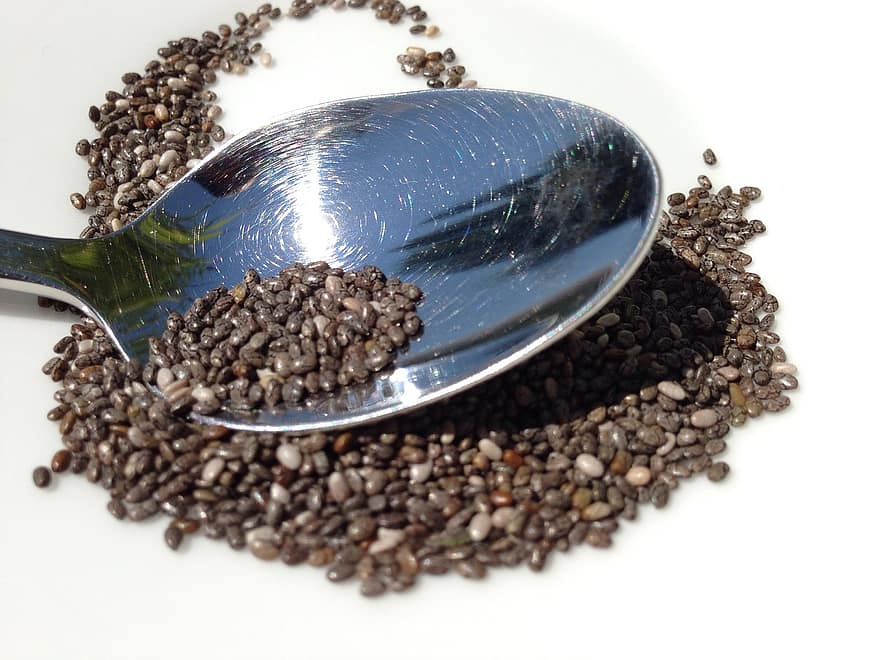Don’t throw them away either.
Unsolicited and unwanted seeds are hitting mailboxes across the United States and Canada and federal agencies in both countries are warning against planting them or disposing of them in traditional means.
While it’s not clear why the seeds are coming or where they’re coming from, it’s likely a so-called brush scam, in which recipients receive an item they didn’t order so sellers can claim increased sales or write fraudulent reviews. Still, the risk of the seeds being dangerous exists, as the Canadian Food Inspection Agency (CFIA) notes:
Unauthorized seeds could be the seeds of invasive plants, or carry plant pests, which can be harmful when introduced into Canada. These species can invade agricultural and natural areas, causing serious damage to our plant resources.
Canadians are asked to avoid planting the seeds or disposing them by throwing them in the trash, where they might wind up growing in a landfill setting, instead preserving the packaging and contacting their regional CFIA office.
Similar measures are in place in the United States Department of Agriculture issued a similar warning about the seeds, though state officials seem to be taking the lead on the matter, as residents are asked to report the seeds to their state authorities.
Countries around the world–including Canada and the United States–can be incredibly fussy about the agricultural products brought across their borders, including animal and plant products, and it’s always best to check local laws before crossing a border, be it in person or through mail, with such items. The rules are slightly relaxed on Canada-US import/exports given the shared border. Information on importing those goods to Canada can be found here while those looking to import animal/plant materials to the United States can find that information here.
